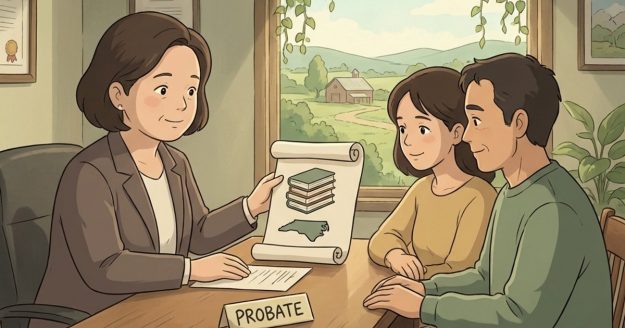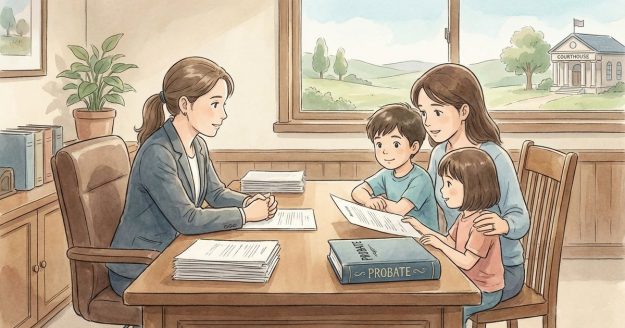If I already filed the probate forms and death certificate, what steps are left to finish the estate? nc
If I already filed the probate forms and death certificate, what steps are left to finish the estate? – North Carolina Short Answer In North Carolina, filing the opening probate paperwork and death certificate is only the start. To finish an intestate estate, the administrator typically must (1) complete qualification requirements (including a resident process…











